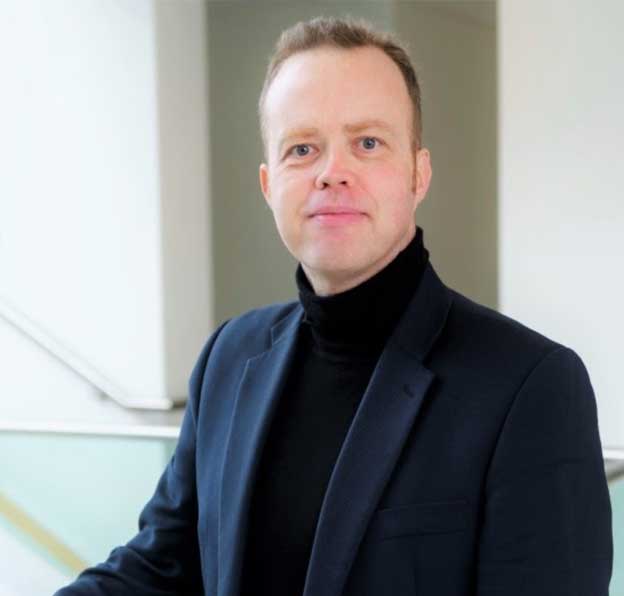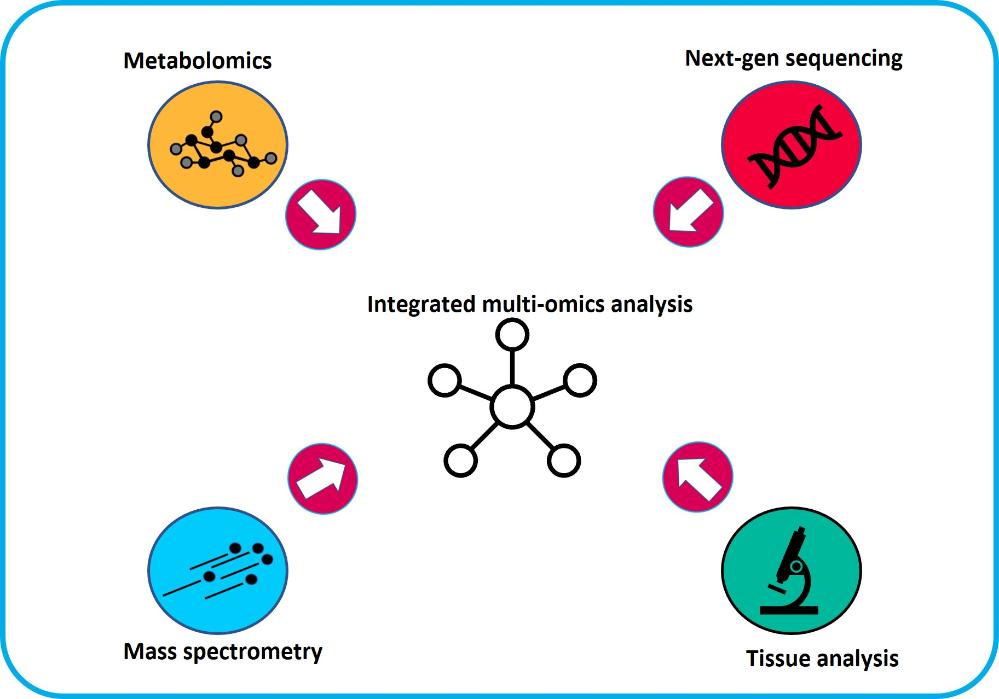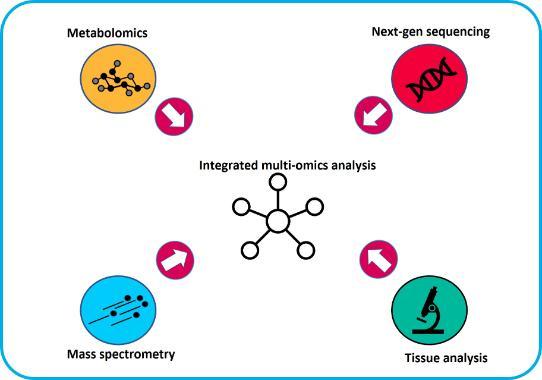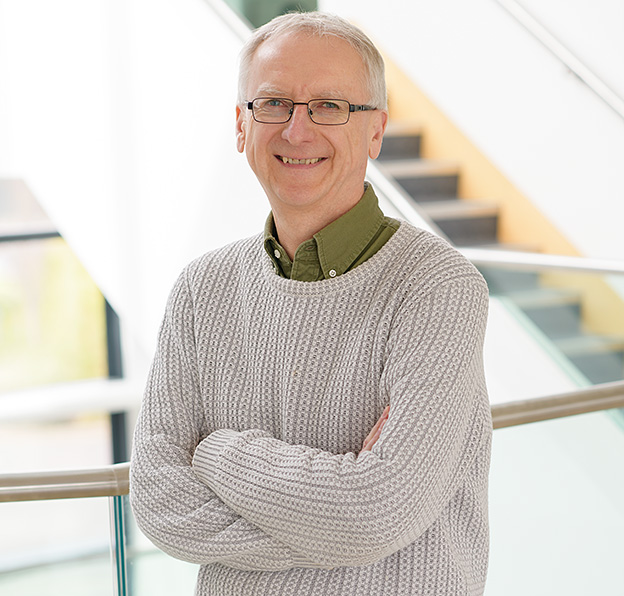

P4.3: Multi-omics profiling resources
Project Overview
Multi-omics capacity is indispensable in order to compete in biomedical research. A primary goal of POI is to close the gap of multi-omics data integration, an aspiration which demands the technology and the capacity to generate the different types of omics data. Imaging is a mainstay of clinical diagnostics, which we aim to integrate with multi-omics data. Towards this goal, we need to improve the access of researchers to multi-omics and imaging technology, and move towards an integrated infrastructure.
The UCD Conway Institute of Biomolecular and Biomedical Research has well established core technology facilities that have experience working with both academic and industrial partners on projects of small to large scale. The strength of the Conway Core Technologies (CCT) is that they are led by research active scientists, who are leaders in their fields, but structured as service units with appropriate logistical infrastructure. The CCT has Research Ireland-approved access plans and will be made available to the POI consortium. The high cost of infrastructure investment is often prohibitive, and this platform is strategically contributing to forging an infrastructure that enables Ireland to compete in precision/personalised medicine programmes.
The CCT includes a Mass Spectrometry Core, based out of the UCD Conway Institute and Systems Biology Ireland, which provides cutting-edge analytical platforms for proteomic analysis of clinical samples for all POI investigators. The facility primarily focuses on bottom-up proteomics including deep proteome profiling, protein-protein interaction using co-immunoprecipitation (CO-IP) and post translational modifications (PTM) analysis. Researchers also have access to a Metabolomics core facility for the comprehensive analysis of metabolites in biological specimens.
For further information, visithttps://www.ucd.ie/conway/research/




